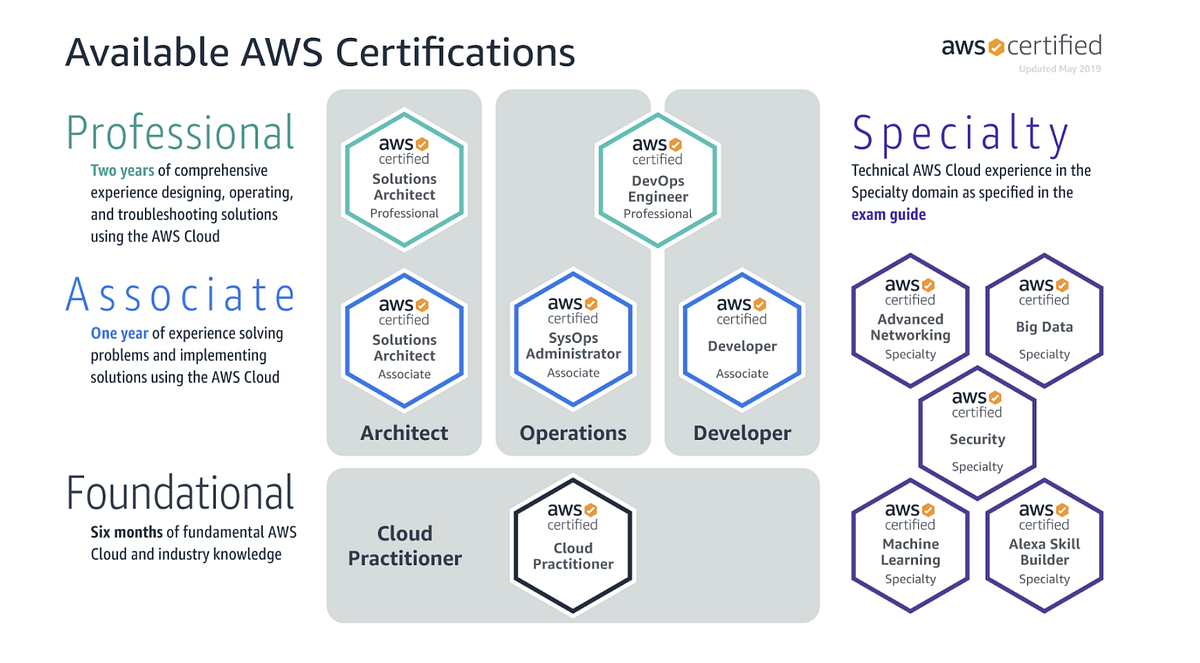When it comes to cloud computing platforms, Amazon Web Services (AWS) stands out from the crowd. Launched in 2006 by Amazon.com, AWS was one of the first providers of a pay-as-you-go cloud computing model and has preserved its status as the market leader to this day.
Its reign has not been lacking in controversy. In recent years, AWS has not only been accused of poor security practice and fostering a hostile working culture, but has also attracted the ire of antitrust campaigners suspicious of the firm’s dominance in the cloud market. Could AWS, then, be about to be toppled from its pedestal as the world’s largest cloud services company?
How Aws helps companies?
In its most basic form, AWS is a cloud computing platform, offering customers the chance to outsource their data storage requirements to Amazon instead of having to invest in their own servers. Its servers are organised according to specific regions and subdivided into discrete ‘availability zones’ (AZs.) AWS’s London region, for example, serves the UK using three distinct AZs, each housing a cluster of data centres that, while physically separate from other zones, are nonetheless connected with each other.
This system, AWS argues, affords the cloud giant greater levels of redundancy in its product portfolio (it is also a model that is used by Microsoft Azure and Google Cloud). The AWS system can be divided into three buckets: EC2, the platform’s virtual machine service; Glacier, a cloud storage service accessible to everyone; and S3, Amazon’s official storage system.
Each of these services can be further tailored to the customer’s needs, with options including database storage, hybrid cloud and networking solutions, and AI-powered analytics services capable of automatically parsing through the reams of data stored in AWS’ servers.
Companies using aws?
An estimated one million businesses use Amazon Web Services. Some of its biggest customers are Adobe, Twitch, BBC and Netflix.
The latter, in particular, is the top AWS user based on EC2 monthly spend, leading with $19m. Twitch is the second, with $15m, BBC is sixth with $9m and Adobe is ninth with $8m. Netflix was also the biggest company that became an AWS user before 2010, having signed up in 2009.
Services provided by aws?Today, AWS provides a highly reliable, scalable, and low-cost infrastructure platform in the cloud that powers hundreds of thousands of businesses in more than 190 countries around the world. AWS services are typically grouped into different categories like compute, networking, storage, applications, databases, and analytics.
- Compute
- Networking
- Storage
- Applications
- Databases
- Analytics
Conclusion :
Cloud Computing is the growing technology in IT Industry . Cloud Computing booms for next few years. so learn well.
Aws is have a most of the business dealers around the world about 33% .













